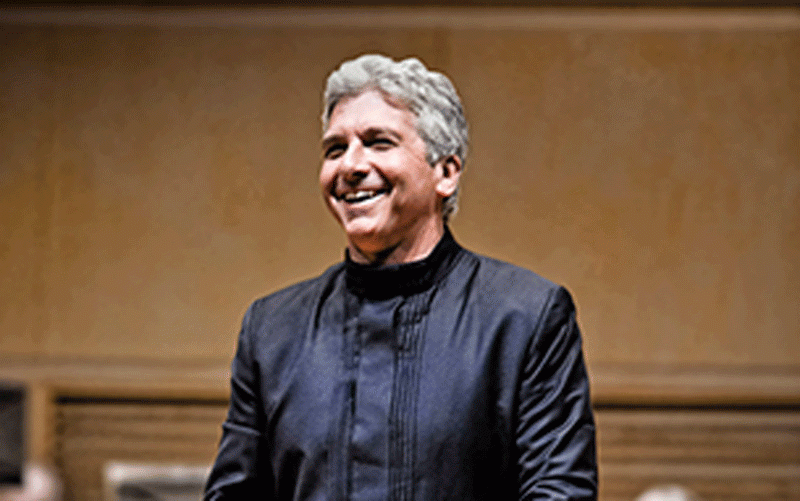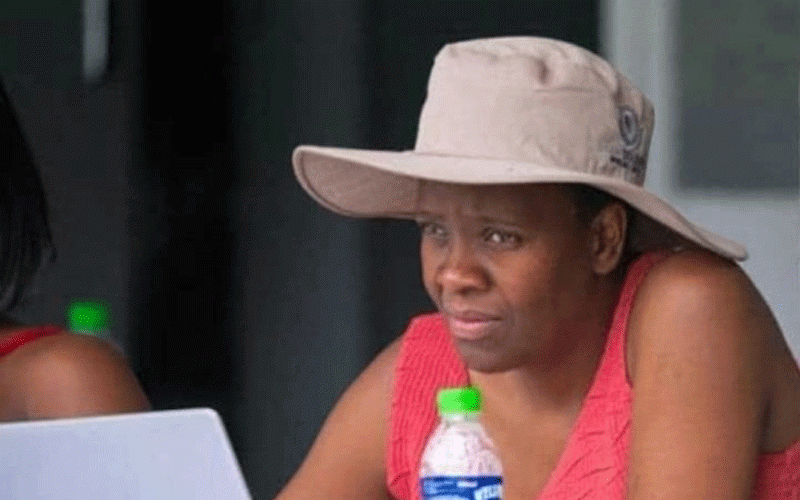
THE late American writer Philip K Dick was probably right when he wrote: “It is sometimes an appropriate response to reality to go insane.” REPORT BY ALBERT MARUFU
Dick’s statement applies to the 15 life bans handed by Zifa on players and officials for their alleged involvement in fixing matches in Asia between 2007 and 2009.
The life bans, which supposedly came into effect on the day the announcement was made, fell on former Warriors coach Sunday Chidzambwa, former Zifa chief executive officer Henrietta Rushwaya, the association’s former programmes officer Jonathan Musavengana, soccer players — Thomas Sweswe, Guthrie Zhokinyi, Method Mwanjali, journalists Robson Sharuko and Hope Chizuzu — and seven others.
Other players and officials received 10- year, five-year, three-year, two-year, one-year and six-month bans.
In the aftermath of these bans, questions have been asked on the future of local and international football and whether Zifa did not jump the gun in coming up with such sentences.
Will this not turn into a farce well calculated to divert the nation’s attention from the failure to qualify for 2013 African Cup of Nations (Afcon) finals in the hope that the nation will not see the madness of it all?
“I will not step down until our football is clean. We are going to clean up football as well as the Premier Soccer League,” Zifa president Cuthbert Dube vehemently declared.
While Dube may appear sincere in his quest to “clean the rotten football”, others feel that a different approach could have been followed.
- Chamisa under fire over US$120K donation
- Mavhunga puts DeMbare into Chibuku quarterfinals
- Pension funds bet on Cabora Bassa oilfields
- Councils defy govt fire tender directive
Keep Reading
Former Zifa chairman Leo Mugabe believes that the association took a big risk in banning the players and officials.
“The bans are not only going to have devastating effects on local football, but at international level as well because we have individuals playing and coaching abroad. It is my opinion that these people should have been charged, unlike in this case where we do not have the other side of the story.
“The number of people banned is just atrociously big for something supposedly done in secrecy. There must have been few people who knew what was actually happening. I read in the papers that this is an interim report, so how could they ban people basing on an interim report?
“They are saying these are recommendations, but recommendations, for who? For Zifa to charge or what? The board should have looked at these things carefully,” said Mugabe.
“What football law is being used to ban these people?”
A disciplinary committee was needed: Mugabe Leo Mugabe believes a disciplinary committee should have been put in place to deal with the suspects.
“This is a big case that involves the lives of other individuals and if you want to get to the bottom of problems such as these, you have to really get to the bottom.
“They should have called for a disciplinary committee and show the individuals their crimes.”
Mugabe said his board once faced the same situation when former Warriors and Liverpool goalkeeper Bruce Grobbelaar was accused of fixing matches in England.
“We did not bar Bruce from playing football, but carried out our own investigations while also waiting for the court outcome. At one time we even made him the Warriors player/coach. In the end he was found not guilty by the courts and imagine what could have happened had we banned him?” he said.
Sambo speaks on Asiagate bans
Former Premier Soccer League chief executive officer Chris Sambo believes that Zifa should have let offenders be convicted by courts of law and then institute their own sentences.
“The bans, which I think are too severe, will certainly leave our football poorer. Remember that this is the first time that players are being banned in our local league. In the past it used to be administrators only.
“However, my feeling is that the ruling can back- fire on us in the event that the banned players and officials appeal and win their cases. It is my hope that the evidence that Zifa has is conclusive. If not, they might sue for various damages,” said Sambo.
He added that it was not fair to just ban a player because he played in a match. “Match-fixers do not pay the whole team to lose a match, but target certain players. I think Zifa should also have looked at mitigating factors. It is also very unfortunate that we do not have a vibrant junior policy that will churn out players to fill in the void,” said Sambo.
Veteran soccer commentator Charles Mabika said he was still trying to come to terms with the judgments.
“I just hope to wake up someday to realise that all this was a dream. Obviously Zifa had to do something and it is now left to Fifa. That is all I can say at the moment,” he said.
Only time will tell.











